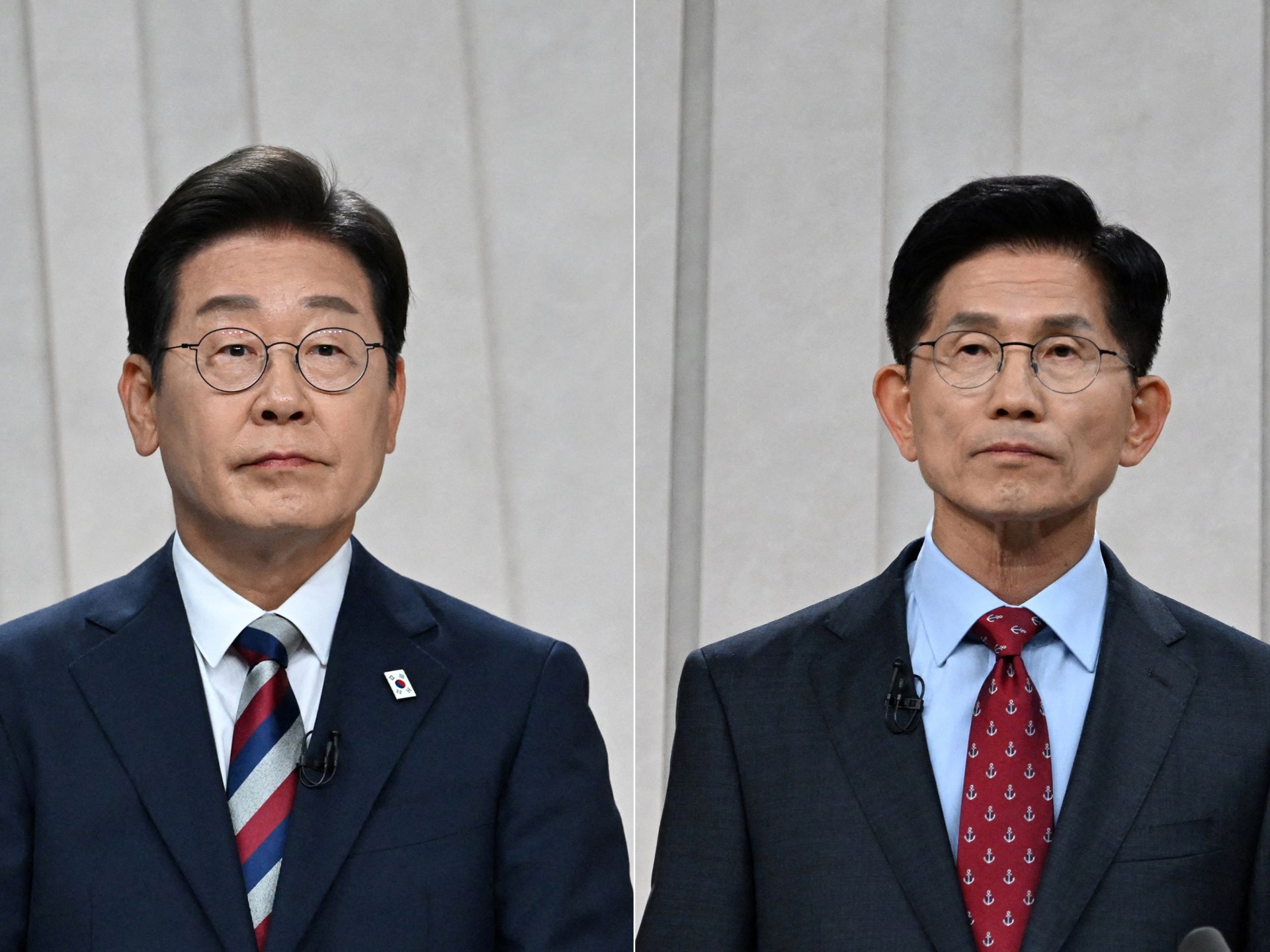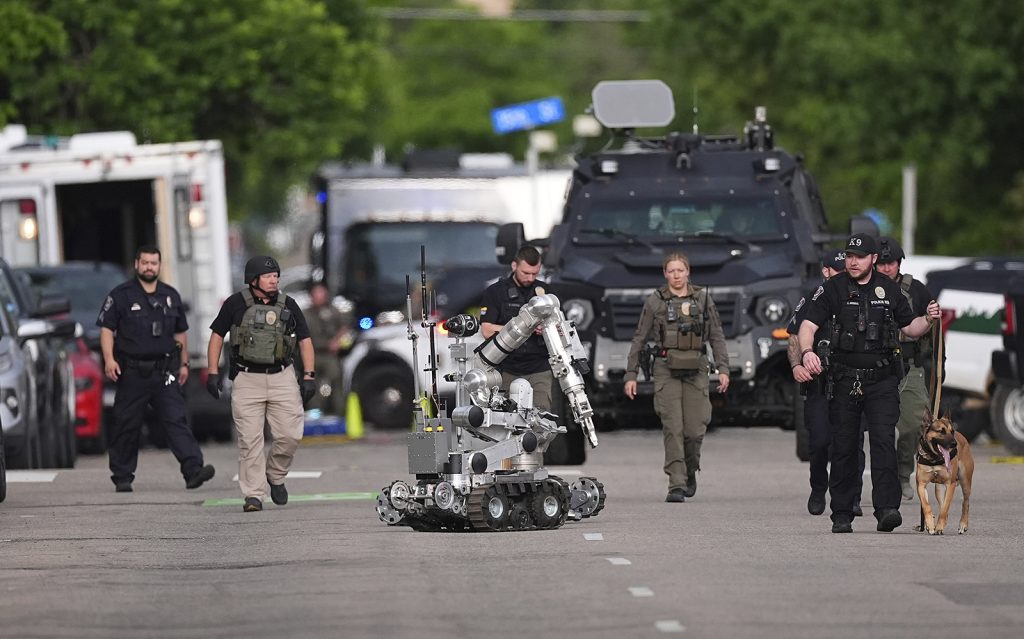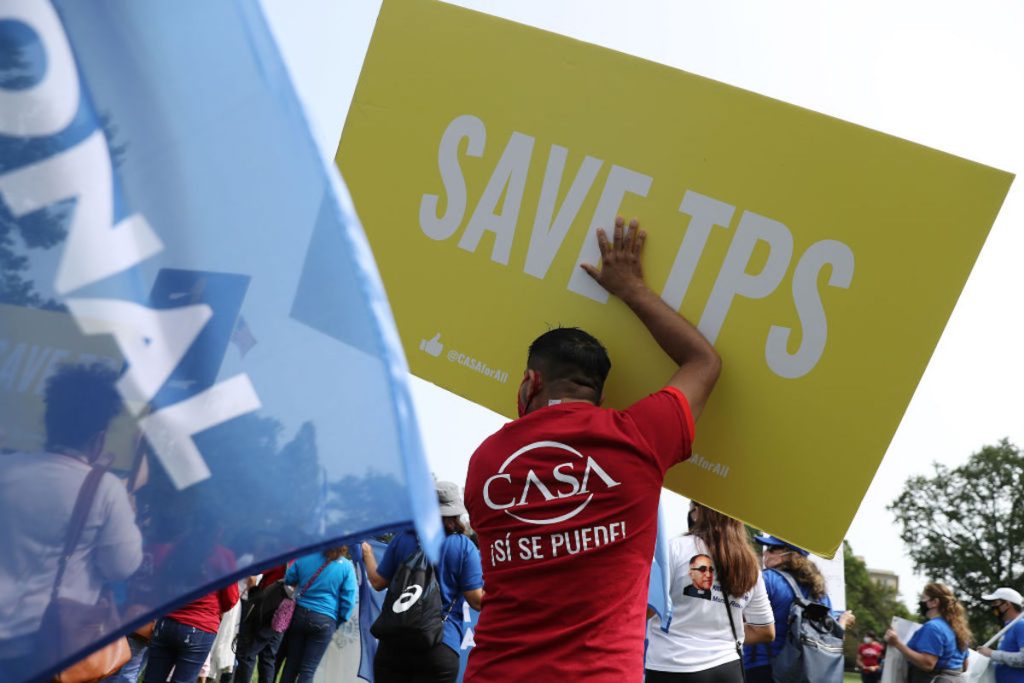Now Reading: South Korea’s snap presidential election 2025: All you need to know
-
01
South Korea’s snap presidential election 2025: All you need to know
South Korea’s snap presidential election 2025: All you need to know

South Korea is in the process of electing a new president to take over from Yoon Suk-yeol, who was impeached and removed from office due to a failed martial law attempt in December. The snap election on June 3 is crucial for South Korea’s democratic future and its relationships with China, the United States, and North Korea. The elected president, serving a single five-year term, will need to address the aftermath of the brief martial law decree, economic challenges, and negotiations with the US on tariffs.
There are six candidates in the election, with the main contenders being Lee Jae-myung of the Democratic Party of Korea and Kim Moon-soo of the People Power Party. Lee is the frontrunner according to a recent poll, with Kim trailing behind. The aftermath of Yoon’s martial law bid has shaped the campaign, with Lee pledging to hold those involved accountable and proposing constitutional changes.
The election outcome will impact South Korea’s stance towards North Korea, with Lee aiming to ease tensions and maintain the goal of denuclearization, while Kim supports a more hardline approach including nuclear armament. The candidates also differ in their foreign policy approaches, with Lee prioritizing the US alliance while Kim leans towards closer ties with the US and potential tariff negotiations.
The election results are expected to be announced on the evening of the election day, with the candidate receiving the most votes declared the winner. Early voting has already taken place, and a large voter turnout is anticipated on election day.






